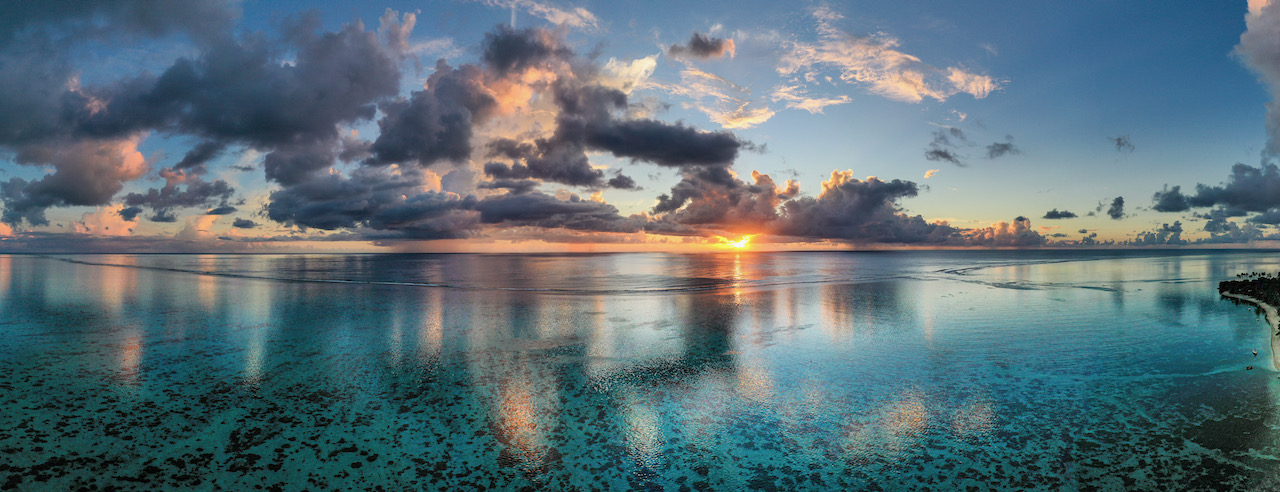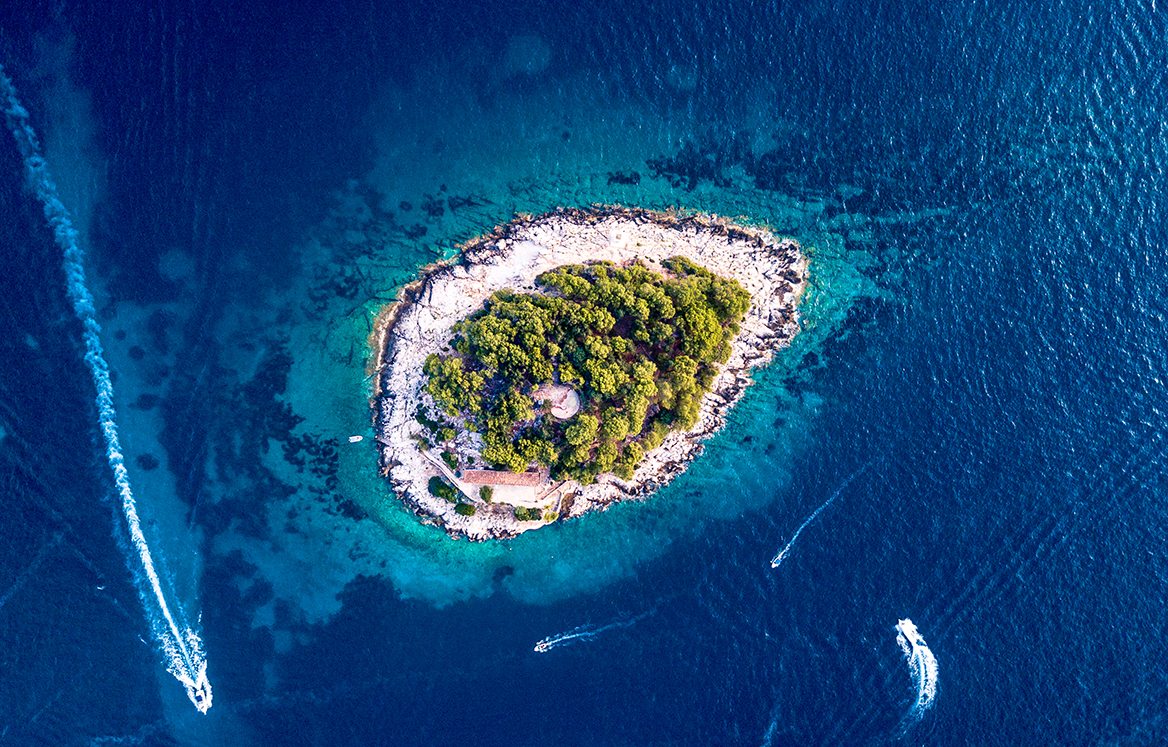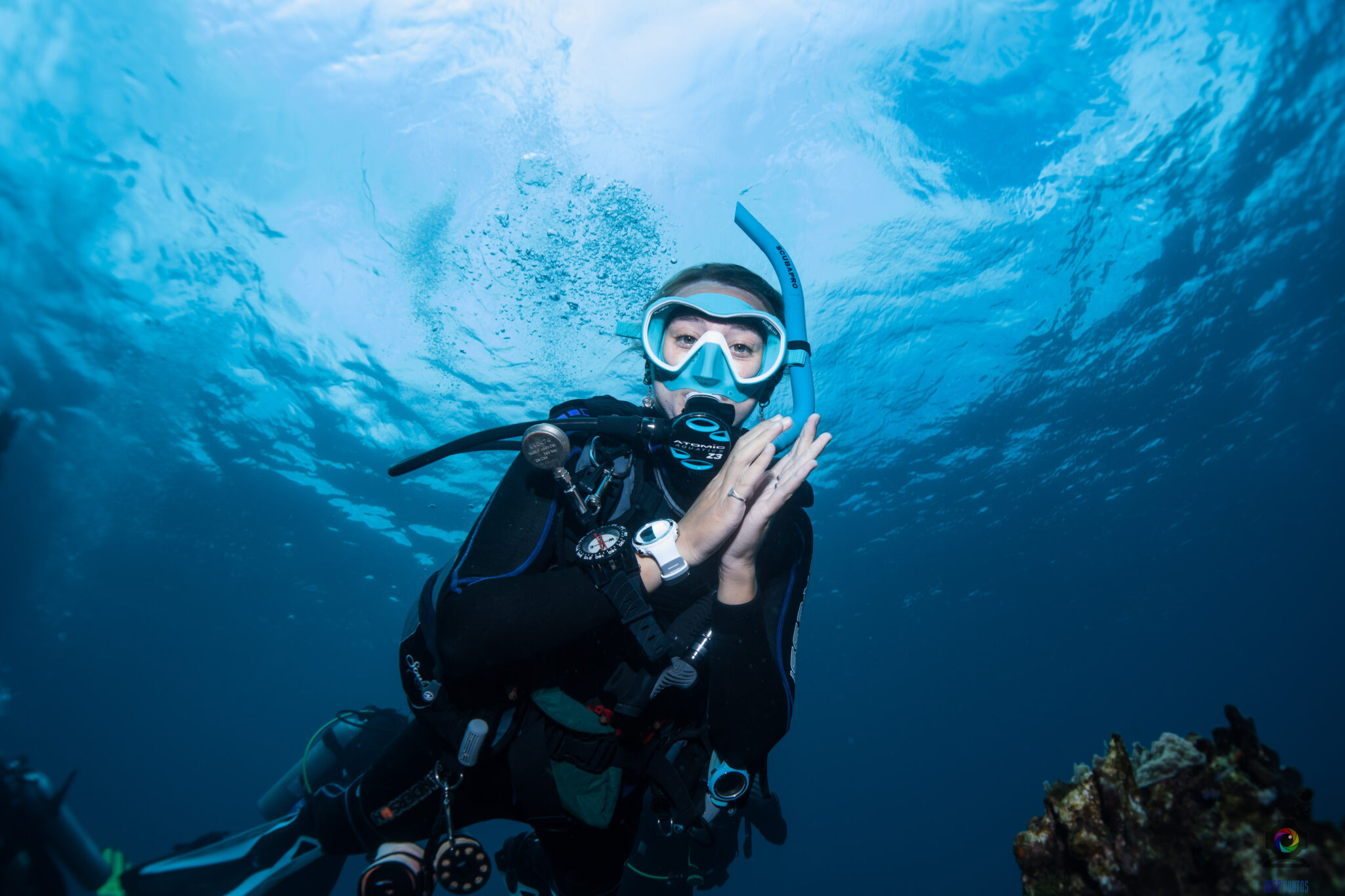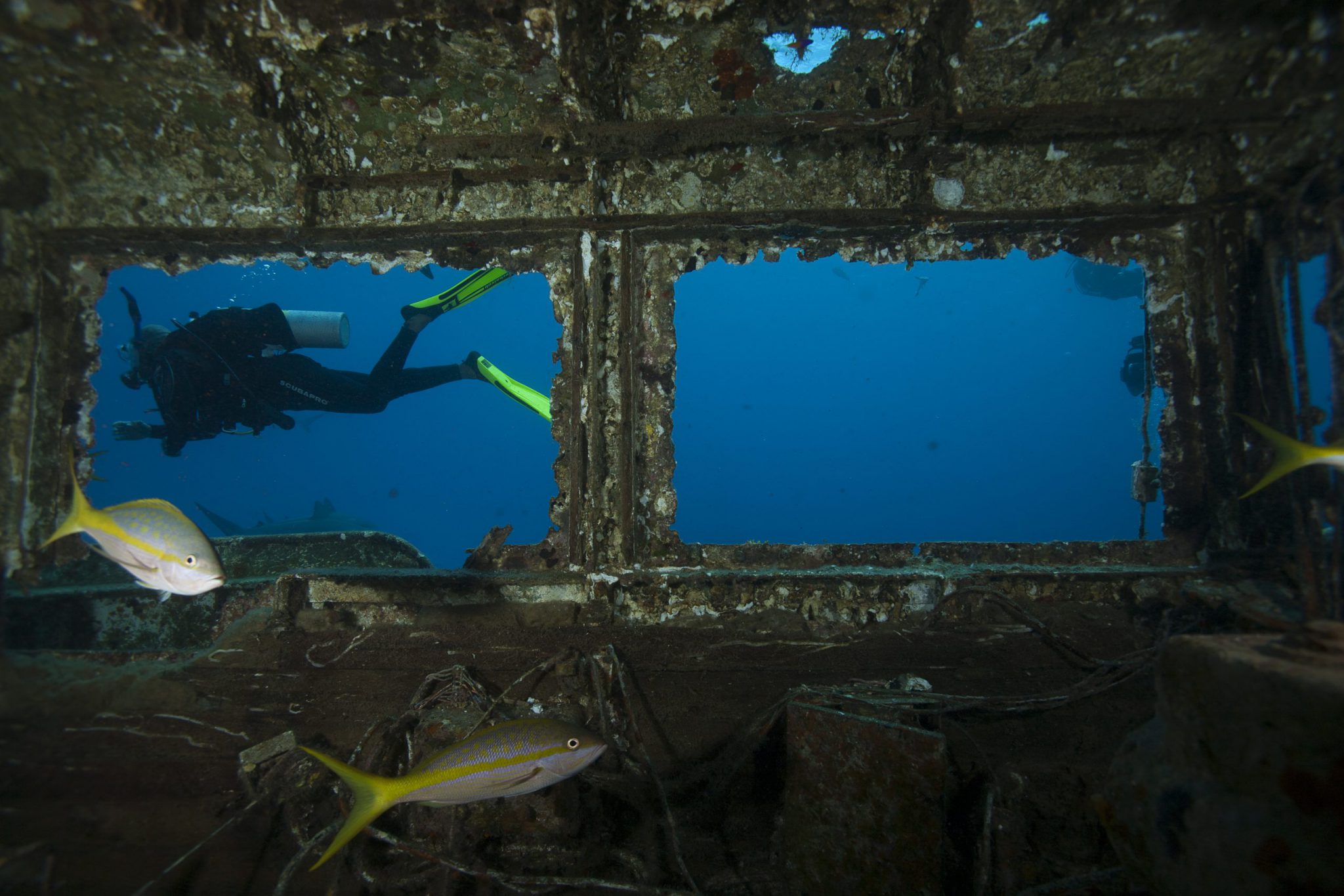Have you ever wondered why being in and around water has such a calming effect on our brains? The sound of crashing waves, the gentle rhythm of the tide, and the whisper of bubbles as we explore underwater worlds profoundly impact our well-being. Let’s dive deep into the science and explore why ocean sounds are so soothing.
Italy is one of the most romanticized and popular travel destinations in the world, and it is easy to see why. Beautiful coastal cities are dotted with colorful architecture, rich history, and the lingering aromas of the local cuisine. Cities like Florence, Naples or Rome or the villages along the Amalfi Coast invoke day dreams of slow mornings in the cafe watching the world pass by in complete bliss.
Concerns about performing CPR incorrectly, injuring the victim, and a reluctance to provide mouth-to-mouth ventilations are a few of the reasons people don’t learn how to perform CPR. But, if you were on the ground and you needed assistance, wouldn’t you want someone around you trained in CPR?
As a little girl, I was captivated by the tales of the underwater world. I dreamed of becoming a diver, living in a water house and befriending dolphins and seals. Diving was an aspiration, similar to becoming a paleontologist or an astronaut. At 19, while studying finance in college, I took up diving as a summer activity, having long forgotten about my childhood dreams. Yet, three years later, I found myself as a PADI Instructor.
For centuries, countless ships have found their resting place in the vast depths of the ocean, becoming time capsules of history and an unexpected home to a variety of marine life. Wreck diving gives you the unique opportunity to step back in time and explore these submerged pieces of history. It also presents a new set of challenges and opens the door to new experiences. Wreck travel destinations are bound to thrill any diver, which is why you should make the PADI Wreck Diver certification your next specialty course.




